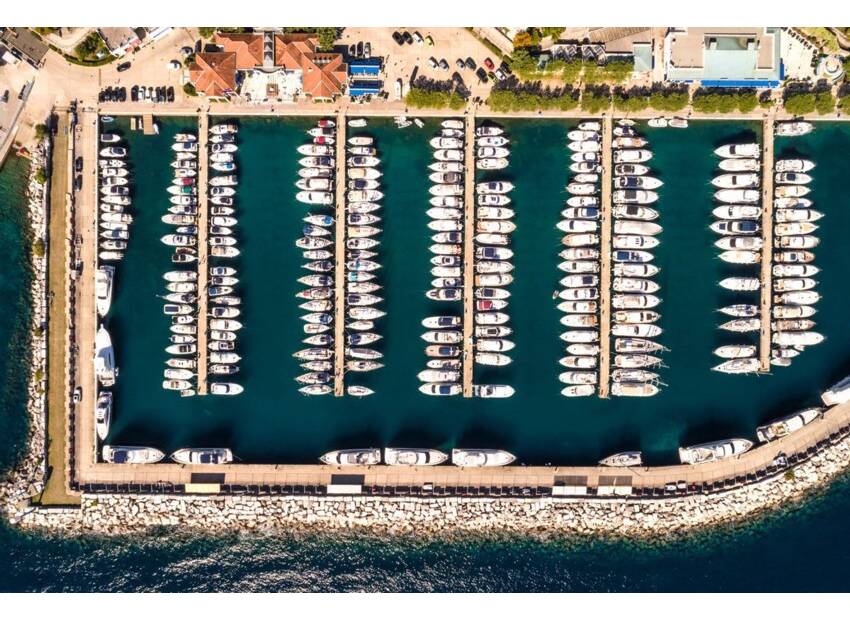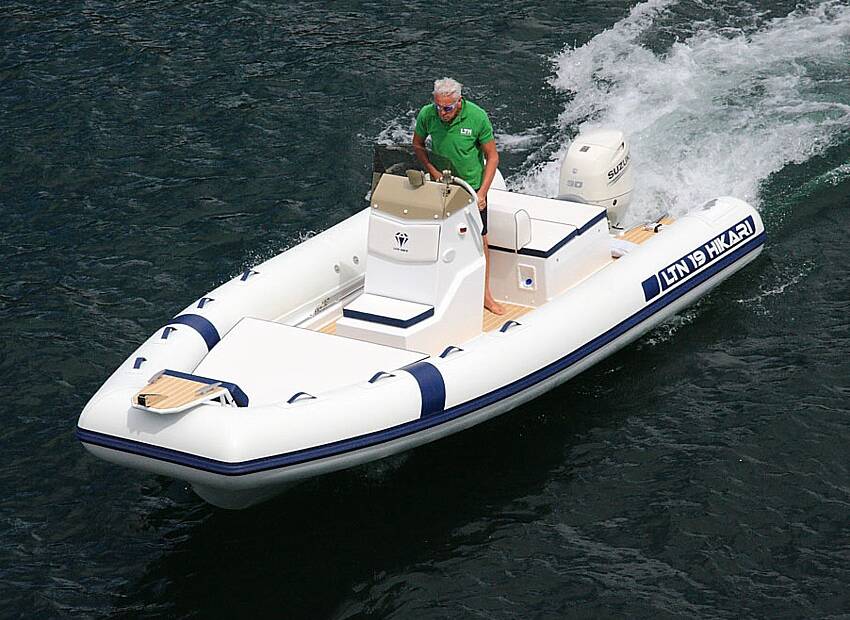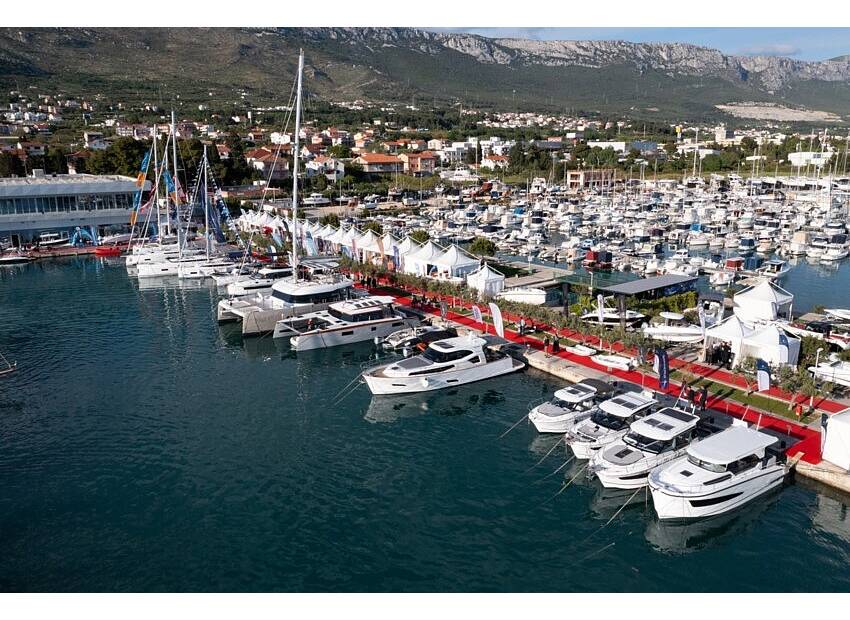Did you know that that color of smoke from your small sailboat diesel engine could signal a line wrapped around your propeller? Or water in the fuel? Or too much oil in your engine?
When you first start up your sailboat diesel engine, look over the stern. Do you have a strong, clear flow of exhaust water? Do you see smoke coming out of the exhaust tube? Other than an initial puff or two, your engine should send out clean exhaust without any smoke. Colors point to problems like overloads, internal oil leaks, or contaminated fuel.
Follow this summary to identify problem areas and take the suggested actions to resolve the problem as soon as possible...
Black Smoke - Causes and Cures:
What you see are unburned carbon particles blowing out of the exhaust that creates a black cloud. Older engines may belch a belly-full or two, but no more! Read over these causes and cures...
* Clogged air filter
Remove the filter and replace. If cruising in an area where air filters are unavailable, tamp the filter on a hard surface to remove as much dirt and dust as possible.
* Plugged exhaust hose
Disconnect the hose from the exhaust and look inside the exhaust pipe opening. If it's clogged with carbon, this could indicate damaged internal marine diesel parts. Have your engine serviced asap.
* Wrapped line or Fouled bottom
Stop the boat, anchor, and remove the line. Clean the sailboat bottom. Both of these cause your diesel engine to work overtime.
* Over-sized boat propeller
Match the propeller to your engine under normal operating conditions. Avoid the temptation to fit the biggest propeller possible. Heavy passenger and sailing gear loads make your engine work harder than it should.
Blue Smoke - Causes and Cures:
Oil that has leaked into the combustion chamber will burn to produce a bluish smoke that belches from the exhaust. It's o.k. to see a puff or two when you fire her up, but more than this points to serious problems. Read over these causes and cures...
* Running engine at low RPM
Idle running prevents pistons and rings from expanding enough. This allows oil to leak into the combustion chamber. Run your engine at full RPM as often as possible to prevent this problem. Persistent blue smoke means your engine needs a professional overhaul.
* Crankcase overfill
Take care not to fill your engine oil past the high mark on the dipstick. Excess oil could leak into the combustion chamber.

White Smoke - Causes and Cures
Think white-water. White smoke indicates vaporized water blowing out the exhaust tube. And it points to problems in the fuel supply. Read over these causes and cures...
* Dirty fuel
When cruising in foreign ports, you may find that you need to strain fuel before it enters your fuel tank. Use a manual screened fuel filter funnel to remove sediments. These funnels are slow but highly effective. Take care with high pressure fuel hoses. Back off on the fuel-nozzle trigger to prevent spills.
* Water in the fuel
Check the fuel filter or filters for water and drain it before you start the engine. Keep your fuel tank topped off to 90% full. Replace the deck fuel-fill cap gasket every year and tighten down the cap. All of these measures will help prevent water penetration.
* Misfire on startup
If the engine misfires, but starts--this signals a compression problem. Often, an overhaul will be needed to resolve the problem. Sporadic misfiring signals dirty fuel or water in the fuel. Change out fuel filters. Drain the fuel tank, clean it, and refill with fresh fuel.
Captain John's Sailing Tip:
Add a good quality biocide to your fuel tank once a month. This cuts down on algae and other micro-organisms taking up residence inside your fuel tank. Keep your tank filled to 90% to discourage growth.
Learn the smoke signals that warn you of trouble to come on your small boat diesel engine. That way you can fix the problem right away before it becomes a major problem with big $$$ repairs later on.
John Jamieson (Captain John) with 25+ years of experience shows you the no-nonsense cruising skills you need for safer sailing worldwide. Visit his website at www.skippertips.com for a free issue of the highly popular 'Captain John's Sailing Tips' newsletter. Discover how you can gain instant access to hundreds of sailing articles just like this, along with sailing videos, FREE e-Books and more!
Get instant access to 400+ sailing articles, videos, live discussion forums, and free ebooks! Click here to find out more!
Captain John






















